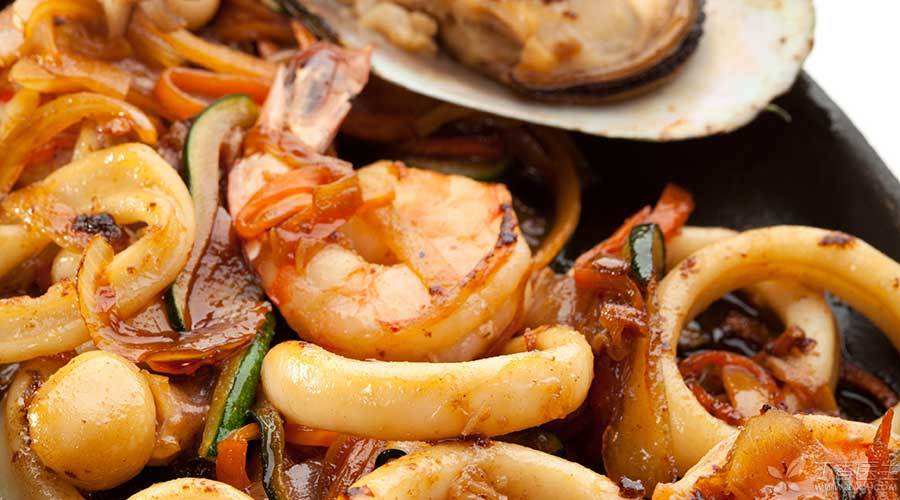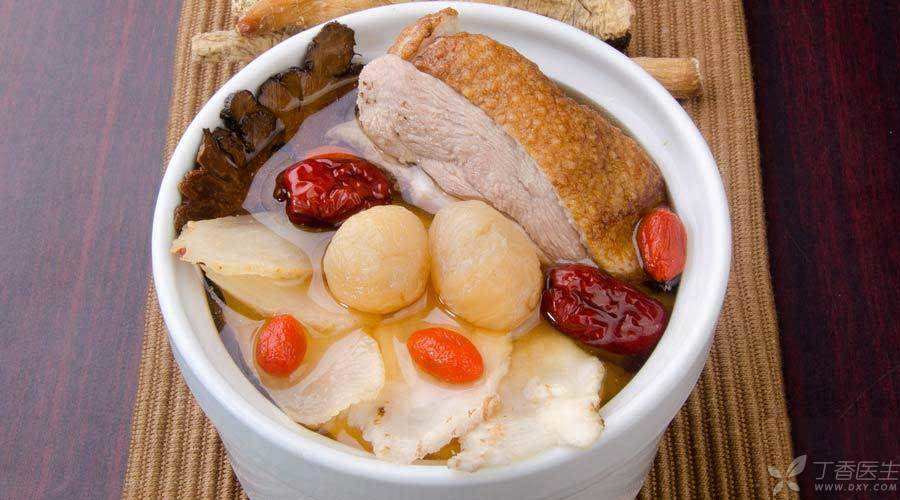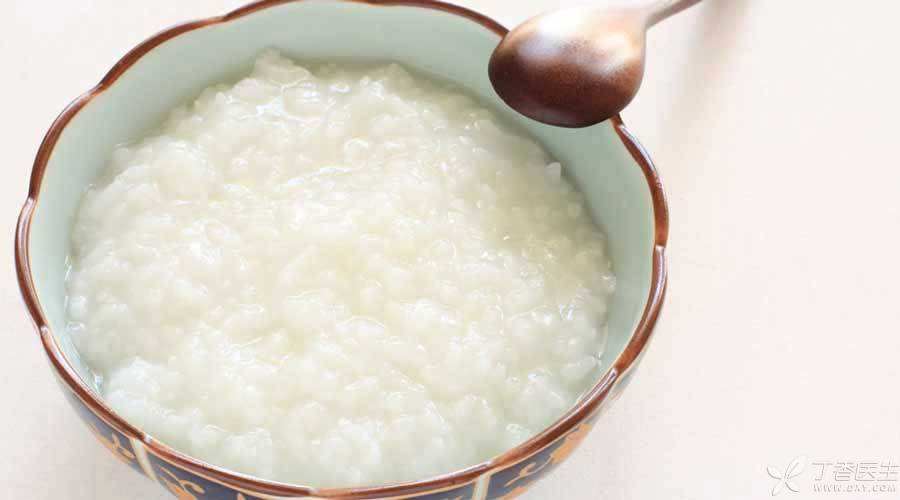
As a surgeon, patients or their families often ask before and after surgery:
Eat what’s knife edge quickly?
What should I avoid?
Can’t you eat hair?
In particular, there are many questions about hair products. I also don’t know that there has been a popular saying since what: patients recovering from surgery should not eat [hair products], which will affect wound healing.
What is hair?
When we hear the saying [cannot eat hair], sometimes we will ask our family members [is what hair? ].
It is widely said that mushrooms, fish, shrimps, mutton, chickens and ducks are [hair products], but there is no unified statement. Moreover, in different places, the types of hair products are also different. In some places, seasonings such as coriander, scallion and ginger, fruits such as apples, oranges and plums, and milk and eggs are all listed in the ranks of [hair products].
If you really write a comprehensive book of hair products from all over the country, there may not be what who is not [hair products]. If you really can’t eat hair products after surgery, then there is nothing to eat.
However, in our view, as long as there is nutrition and absorbable food, it can be eaten. At present, there is no valid evidence that [hair] affects wound healing.
Does what really affect wound healing?
In fact, as long as nutrition is sufficient, eating what is not the main factor affecting wound healing, and the real factors affecting wound healing are the following:
-
Age: The older you get, the slower the wound heals.
-
Hyperglycemia: Long-term poor blood sugar control is easy to be accompanied by vascular diseases, which will affect wound healing and is also prone to infection.
-
Infection: When the wound is infected, there is a lot of exudate, which will split the healing wound or the sutured wound, or lead to the spread of infection and aggravate the damage. The occurrence of wound infection is related to obesity and diabetes.
-
Poor local blood circulation: On the one hand, local blood circulation ensures the oxygen and nutrition needed for tissue regeneration, on the other hand, it also plays an important role in the absorption of necrotic substances and the control of local infection. Therefore, appropriate activities are needed to promote blood circulation after surgery.
-
Smoking: The combination of carbon monoxide and hemoglobin in smokers’ blood circulation reduces the ability to transport oxygen. Nicotine will contract peripheral blood vessels and affect wound healing.
-
Psychological factors: Psychological pressure and emotion will affect the function of neuroendocrine and immune system, slowing down wound healing.
How should I eat after operation?
Contrary to folk saying, fish, shrimp, mutton and other [hair products] are actually high protein foods. As long as patients are not allergic at ordinary times, it is conducive to wound healing.
If the normal diet is restored after the operation, the following points should be paid attention to:
1. Don’t be infatuated with high protein
Postoperative diet should be diversified, pay attention to nutrition balance, don’t just focus on high protein, steamed bread, rice and other staple foods should also eat enough, otherwise how much protein powder to eat will not help.

2. Don’t be infatuated with fish soup and chicken soup
The milky white soup looks very nutritious and [tonic]. In fact, it is emulsified fat, seasoning, purine and a small amount of amino acids. The nutrition is still in the meat. If you drink chicken soup and fish soup, remember to eat the fish and chicken.
3. Diet should be easy to digest after operation.
After the operation, the diet and cooking methods are mainly stewing, boiling and steaming, with less frying and barbecue.

4. Don’t be infatuated with porridge
Compared with other foods, rice congee is really easy to digest, but there is no what nutrition in porridge.
Just after the operation, when the diet is restored and the gastrointestinal function is still in the recovery period, drinking rice congee is very suitable, but if only porridge is drunk for a long time [nourishing the stomach], the nutrition will not keep up with it, and the diversified diet must be restored in time.
Finally, one special reminder is: whether to eat or not, we should strictly follow the doctor’s advice.
Especially for abdominal surgery, doctors will tell their families [not to eat or drink water] after surgery. At this time, doctors will supplement the nutritional needs of patients through intravenous infusion, and there is no need to worry that the nutrition of patients will not keep up.
The person who takes care of the patient should listen to the doctor and don’t think [drinking some water is fine] [eating some porridge is fine], otherwise, the final victim is the patient.
